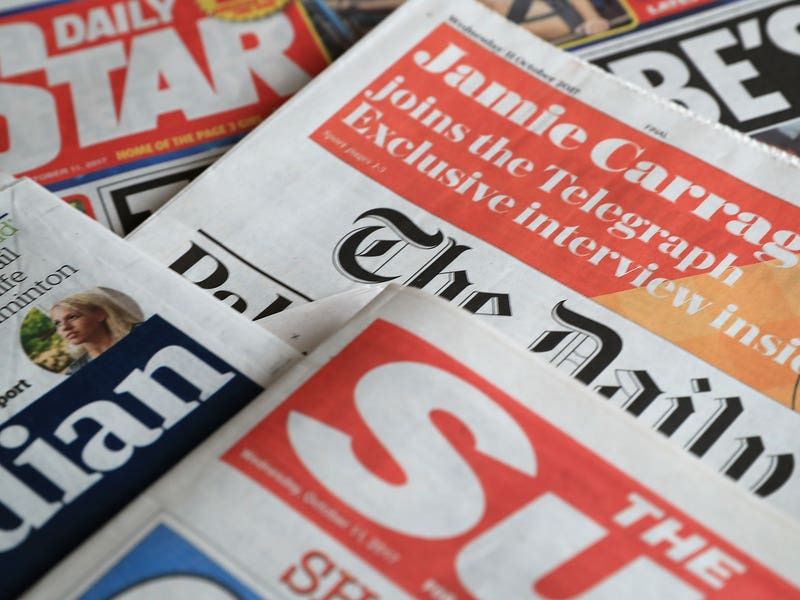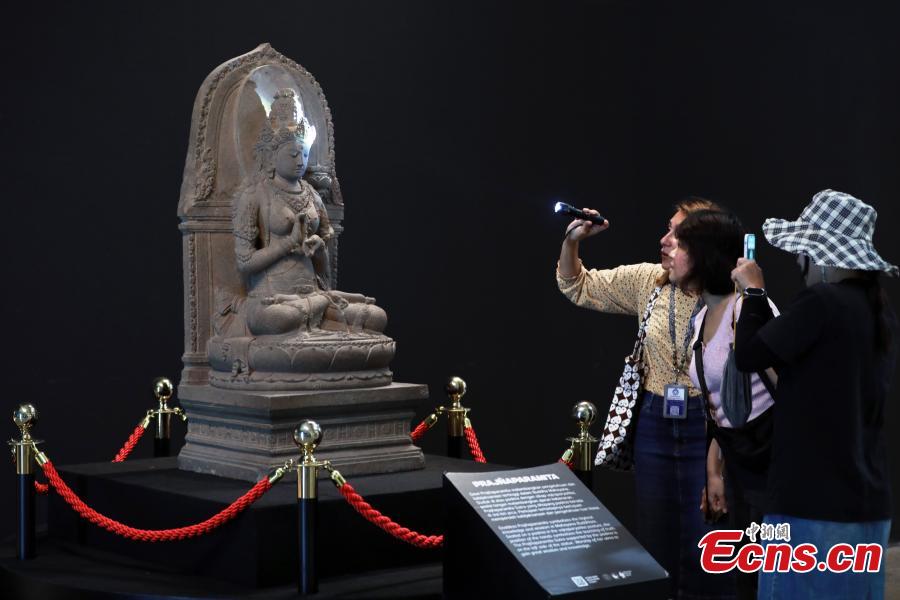
Pakistan’s biggest private utility, Hub Power Company Ltd, unveiled on Thursday the premature termination of a pact for the government to buy power from a generation project. The step comes after Power Minister Awais Leghari told Reuters last month the government was re-negotiating deals with independent power producers (IPPs) to rein in electricity tariffs as households and businesses buckle under soaring energy costs. The government and market operator, the Central Power Purchasing Agency (CPPAG), agreed to settle the company’s outstanding receivables up to October 1, the company told the Pakistan Stock Exchange in a notice.
It said its board approved an accelerated expiry date of October 1 for the deal, instead of an initial date of March 2027, in an action taken “in the greater national interest”. Separately, the government also reached an agreement with five IPPs to revisit purchase contracts, a move that will save the country Rs60bn ($216.10 million) a year, Prime Minister Shehbaz Sharif said on Thursday.
The agreement will end previous power purchase pacts, PM Shehbaz told a federal cabinet meeting today. According to a Dawn report , at least five IPPs — four developed under the 1994 power policy and one under the 2002 policy — had been asked by a task force backed by the powers that be to “voluntarily” terminate their power purchase agreements (PPAs) without any compensation. A decade ago, Pakistan approved dozens of private projects by IPPs, financed mostly by foreign lenders, to tackle chronic shortages.
But the deals, featuring incentives such as high guaranteed returns and commitments to pay even for unused power, ultimately resulted in excess capacity after a sustained economic crisis slashed consumption. Short of funds, the government has built those fixed costs and capacity payments into consumer bills, sparking protests by domestic users and industry bodies. The need to revisit power deals was a key issue in talks for a critical staff-level pact in July with the International Monetary Fund (IMF) for a $7bn bailout .
Pakistan has begun talks on reprofiling power sector debt owed to China and structural reforms, but progress has been slow. It has also vowed to stop power sector subsidies..










